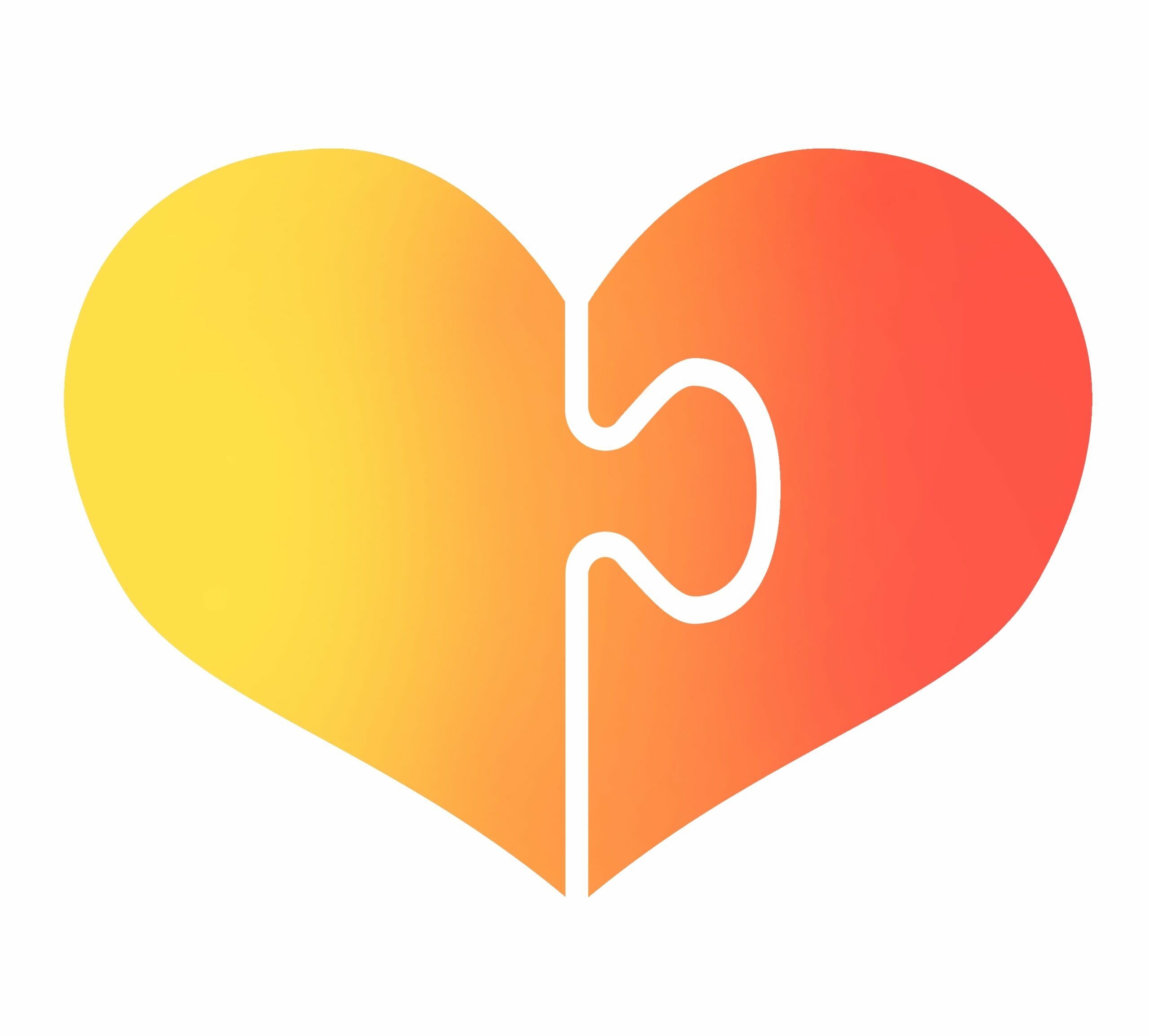Back in high school, it was not uncommon to see 4’s everywhere. Then, in college, suddenly there seems to be a lot fewer couples that have decided to be 4’s. Why does this happen? Because there is so much pressure to get married, especially in religious cultures that promote marriage. In high school, there was no pressure to get married, so everyone jumped to 4. Once in college, if you go on one or two dates with someone then your friends and family start asking you if you think that they’re “the one”. There is so much pressure on people in their 20’s to get married; whether it comes from parents asking for grandchildren or even just your own desire for companionship. Often, in order to avoid the pressure of 4, people either jump to 5 or they just keep it casual at 3. How many people have jumped to 5 and 6 only to get divorced a short while after? How many relationships are held back at 3 because they think the pressure of 4 just isn’t worth it or because they don’t want to “ruin the friendship”? We as individuals and as a society need to start seeing the value and purpose of 4. We need to not let the pressure scare us into staying at 3 or push us to 5 too quickly.
We have defined a match as someone with whom there are no deal-breakers. We have also said that the purpose of dating before 4 is to build friendships. After high school, when marriage becomes a real possibility, what is the purpose of 4? Sometimes people think they are looking for their soulmate or for someone that has everything they want in a spouse, but if instead we use the definition of a match as someone with whom there are no deal-breakers, then in reality we should be looking for what our deal-breakers are in stage 4. At 3 you can easily weed out some obvious deal-breakers, but truly it is in the closeness that comes with 4 that allows you to learn what your deal-breakers are. Only the obvious deal-breakers can be seen at 3, you certainly cannot know whether or not there is a match if you stay at 3. In a way, the goal of 4 is not to find an eternal companion, it is to find these deal-breakers. We must not get discouraged if the relationship does not end in marriage, we should try to see it as a learning experience where a new deal-breaker is learned.
If there is a deal-breaker in a relationship, then it should break the deal as soon as possible because the longer a relationship goes on, the more painful it is when the deal breaks. This is why we need to be more purposeful in our dating. If we are purposeful in our dating before marriage—being vigilant about looking for deal-breakers, then we are more likely to not have the deal break after the commitment of marriage has already been made. When paired off as a boyfriend and girlfriend, the worst thing to do on your dates is to always do the same thing. Many 4’s do the classic dinner, movie, and makeout on the couch for almost every date. Doing this on every date is unproductive because it won’t show you if there are any deal-breakers. This will be discussed more with Pitfall #4.
We each must ask ourselves how we will handle the pressure when we decide to move into 4 so we don’t get pushed into 3 or 5. There should be a time and space granted, a probationary state to look for deal-breakers. That amount of time is different for everyone.
If a deal-breaker is present, we need to be like the child with the two piece puzzles—put the wrong piece down and try another without losing hope that there is a match. When we see the purpose of 4 being to conduct an experiment to look for deal-breakers, it can help us cope when the deal breaks. Instead of thinking “He broke up with me. I am never talking to him again, I hate him!” or thinking “She broke up with me, I must not be good enough.” we can replace these negative thoughts with, “If I have a deal-breaker of his/hers then we are better off not being together. I am glad to have found this out now rather than later when it would have been more painful. Just because I have one of his/her deal-breakers does not mean I don’t have a match out there.” Of course it will probably still hurt when the deal breaks, but with this positive mentality we can move on more quickly, and with more hope and purpose. Learning and avoiding the next pitfall, Pitfall #3, is another way we lessen the pain of finding a deal-breaker.
How will you handle the pressure of 4 when it comes?
What are your deal-breakers?
